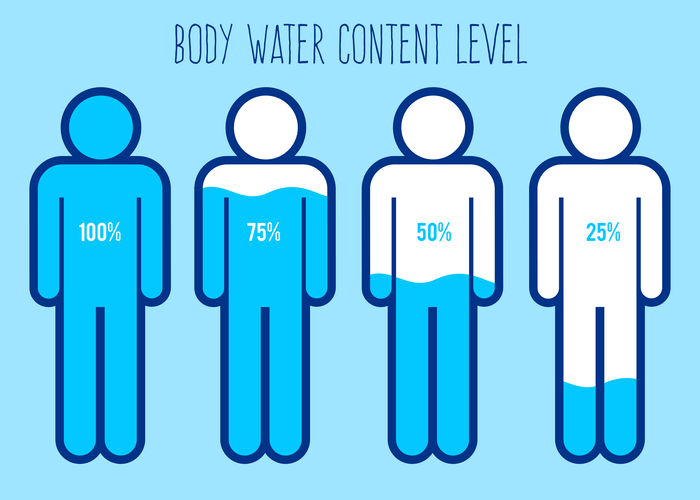There are psychodynamic, attachment theory, and self-medication perspectives about addiction to consider, as well. These psychological approaches suggest that a person uses drugs to fill a terrific void in their emotional lives or as a means of quieting voices of inner conflict. Keeping with the article’s premise, Bickel discusses the research andtheoretical applications of behavioral economics to diagnostic themes of the DSM-5criteria.
Neurobiological Theories of Addiction: A Comprehensive Review
In addition, the district is located in a suburb and is not easily accessible, which may have exacerbated students’ feelings of isolation and anxiety and provided an excellent sample for the study. The experience of loneliness stems from a perceived gap between the social connections one desires and those one actually has, often emerging when there is a perceived deficiency in either the quality or quantity of one’s social ties (Perlman and Peplau, 1981). This psychological condition manifests as a profound feeling of void, perceived worthlessness, diminished autonomy, and an increased sense of vulnerability (Cacioppo http://www.e-gost.org.ua/gost/22820-gost-r-51653-2000.html and Patrick, 2008). Addiction is a uniquely challenging and complicated disorder, and so it is not entirely surprising that there are interprofessional discrepancies between definitions and theories on causation. The repercussions of this ambiguity extend throughout the field of addiction and arise even within basic disease-modelling for experimentation. Animal genetic studies such as knock out (KO) experiments have similar translational limitations, though recent progress in integrating phenotypical analysis and genomic data from addiction studies across species could improve this (Cates et al., 2019).
2 The mediating role of loneliness
Furthermore, rodent models donot model either supportive or opposing social influences. Other thanpharmacological interventions, it is those distinguishing cognitive humancharacteristics and social influences that are typically the targets of preventionand treatment. Therefore, it is not surprising that rodent models have contributedlittle to the development of new intervention approaches beyond those that, althoughnot specifically derived from rodent models, are already implied by behaviortheories, e.g., contingency management programs.
- Scholars have individually discussed how social isolation (Al-Kandari and Al-Sejari, 2021; Zhen et al., 2023), loneliness (Tan et al., 2013; Shen and Wang, 2019; Zhen et al., 2019), and anxiety (Kim and Koh, 2018; Elhai et al., 2019; Liu et al., 2020) affect smartphone addiction.
- Working, treatment, and then going home, sitting there all by myself with my head—it was too much… I started to drink alcohol and smoke pot, and I met a crazy, mean man who beat me up and trashed my apartment… Now I have been without drugs for a couple of months.
- These environmental factors critically include availability of drugs, but also of healthy alternative rewards and opportunities.
- An auxiliary of the preoccupation and anticipation stage is chronic relapse (Gutman, 2006).
- The World Health Organization (WHO) and Norwegian health authority use a comprehensive, multi-disciplinary understanding of SUD based on a biopsychosocial approach.
- As we will show, stating that brain mechanisms are critical for understanding and treating addiction in no way negates the role of psychological, social and socioeconomic processes as both causes and consequences of substance use.
Treatment Implications of Understanding Brain Function During Early Abstinence in Patients With Alcohol Use Disorder

The ego responds to id and superego impulses by modifying them as a way of managing conflict and danger.
Taxonomy of high risk situations for alcohol relapse: evaluation and development of a cognitive-behavioural model

This study will be an important supplement to the literature on the antecedents of smartphone addiction in the context of public crises and will provide recommendations for the intervention and prevention of smartphone addiction among college students during future pandemics. In addition to the points raised here about the individual models, it isclear that both models would be further strengthened by addressing certain commongaps in their conceptualizations. There are multiple likely relationships between comorbid disorders(Kessler, 1995) including that someseeming comorbidities http://bestleasing.ru/prom-leasing/211-eng/67/ may be the product of categorically defining nosologies suchas DSM-5. The two modelswould be strengthened by at least exploring these perspectives and issues. Along with genetics, another contributing factor to the risk of addiction is one’s psychological composition. This factor is as broad as it sounds and includes personality traits (like sensation-seeking and impulsivity), mental health concerns (like anxiety and depression), psychological constructs (like self-esteem and self-worth), and the psychological impact of an individual’s life experiences (such as trauma).
Addiction Models and the Challenge of Having Impact
At first glance, the fact that addiction shifts the way the brain works lends credibility to the idea of a disease. However, the brain alterations reflect the normal capacity of the brain to change in response to experience. That capacity https://postupim.ru/english/env.30.shtml is called neuroplasticity, and it is the basis of all learning and change. Calling addiction a brain disorder means, for one thing, that the machinery of addiction is complex and subtle, because the brain is complex and often subtle.
